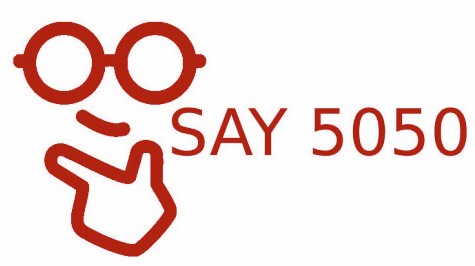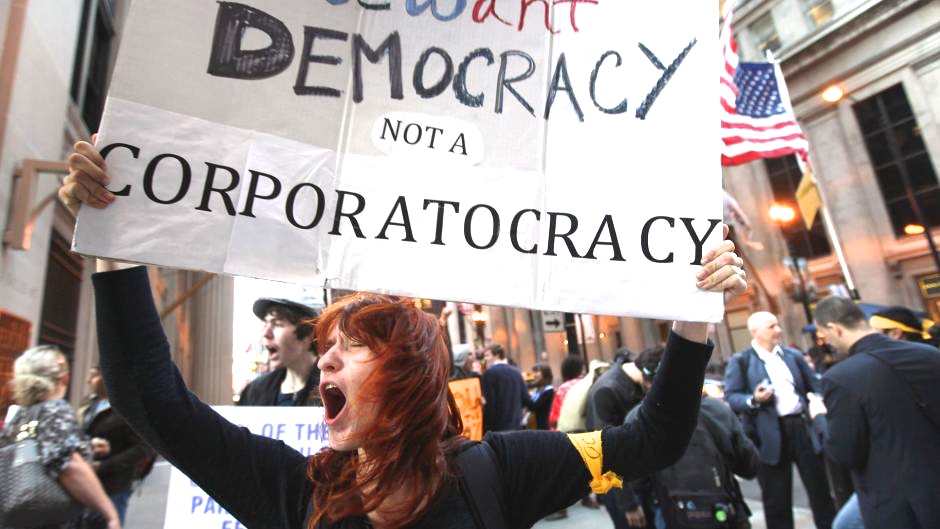Voting laws play a crucial role in shaping democratic processes around the world. They determine who can vote, how votes are cast, and how they are counted. These laws can either strengthen democracy by ensuring fair participation or weaken it by creating barriers to voting. This article explores the impact of voting laws on democracy from a global perspective, highlighting examples from various countries.
Voting Laws and Voter Participation
- Inclusive Voting Laws
- Countries with inclusive voting laws tend to have higher voter participation rates. For example, nations like Australia, which have mandatory voting, see turnout rates exceeding 90%. Inclusive laws ensure that all eligible citizens can vote without unnecessary barriers.
- Restrictive Voting Laws
- Conversely, restrictive voting laws can suppress voter turnout. In the United States, laws requiring specific forms of ID have been shown to disproportionately affect minorities, the elderly, and low-income voters, reducing overall participation.
Case Studies
- Australia: Compulsory Voting
- Australia’s compulsory voting system is a prime example of inclusive voting laws. Every eligible citizen is required to vote in federal elections, leading to consistently high voter turnout. This law ensures broad representation and a government that reflects the will of the majority.
- United States: Voter ID Laws
- The United States presents a contrasting example with its varied voter ID laws across states. These laws are intended to prevent fraud but often result in lower turnout among disadvantaged groups. This highlights how restrictive voting laws can undermine the inclusivity of the democratic process.
- Brazil: Electronic Voting
- Brazil has implemented electronic voting machines, which have simplified the voting process and increased accessibility. This innovation has helped to reduce fraud and improve the efficiency of elections, showcasing how technology can support democratic practices.
The Role of International Organizations
- United Nations (UN)
- The UN promotes fair and free elections worldwide through initiatives and monitoring. Their efforts include providing technical assistance and advocating for the removal of discriminatory voting laws.
- European Union (EU)
- The EU monitors elections in member and non-member countries, ensuring compliance with democratic standards. Their reports and recommendations help to improve electoral processes and uphold democratic principles.
Challenges and Solutions
- Overcoming Discrimination
- Many countries still face challenges with discriminatory voting laws. Ensuring that voting laws are non-discriminatory and inclusive is crucial for a healthy democracy. Reforms and international pressure can help to address these issues.
- Adapting to Technology
- The adoption of technology in voting can enhance accessibility and efficiency. However, it must be accompanied by robust cybersecurity measures to prevent fraud and ensure the integrity of elections.
Conclusion
Voting laws have a significant impact on democracy by influencing who can participate in the electoral process and how easily they can do so. Inclusive voting laws tend to strengthen democracy by promoting higher participation rates, while restrictive laws can weaken it by creating barriers to voting. By examining examples from around the world, it is clear that fair and inclusive voting laws are essential for a healthy and functioning democracy.



